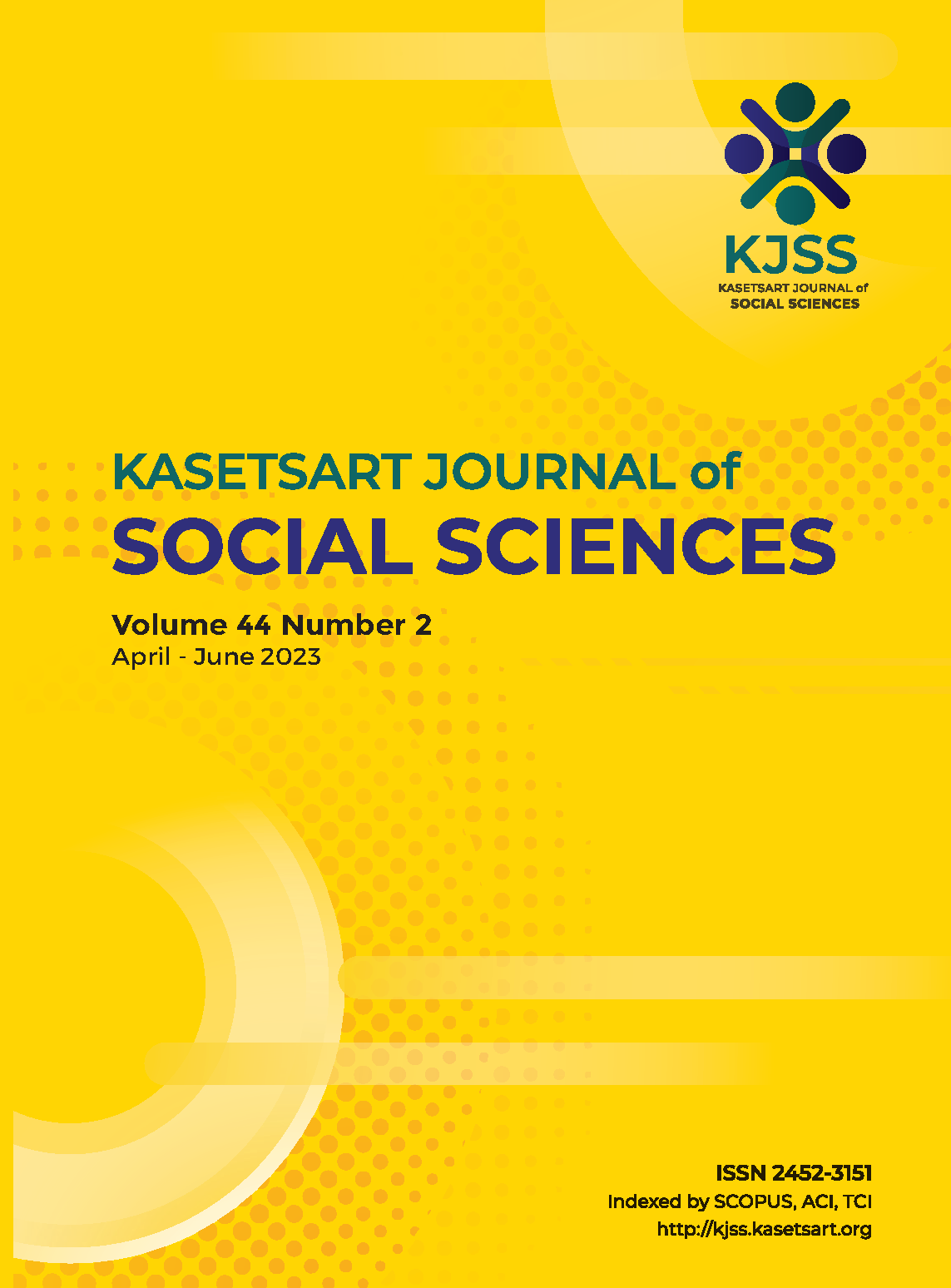Open innovation promoting with co-ownership of patent
Keywords:
entrepreneur, innovation ecosystem, intellectual property law, open innovation, patent co-ownershipAbstract
Open innovation is required for the development of commercially beneficial innovations, and patent co-ownership is a legal tool that can facilitate open innovation. The purpose of this study is to examine the limitations of patent law in the adoption of open innovation and the use of patent co-ownership agreements to address those limitations. Additionally, the study focuses on the development of the characteristics and missions of relevant organizations with patents and open innovations in Thailand, with the goal of promoting open innovations that are based on more concrete intellectual property rights. According to the study, patent law is not intended to facilitate the flow of knowledge, information, or innovation and hence is incompatible with the nature of open innovation between parties. Additionally, in order to improve the environment, Thailand should establish a patent and open innovation organization in the form of funds, specialized agencies, state-owned enterprises, or public-private partnerships to encourage researchers and entrepreneurs to collaborate more efficiently on open innovation.
Downloads
Published
How to Cite
Issue
Section
License

This work is licensed under a Creative Commons Attribution-NonCommercial-NoDerivatives 4.0 International License.
This is an open access article under the CC BY-NC-ND license http://creativecommons.org/licenses/by-nc-nd/4.0/










